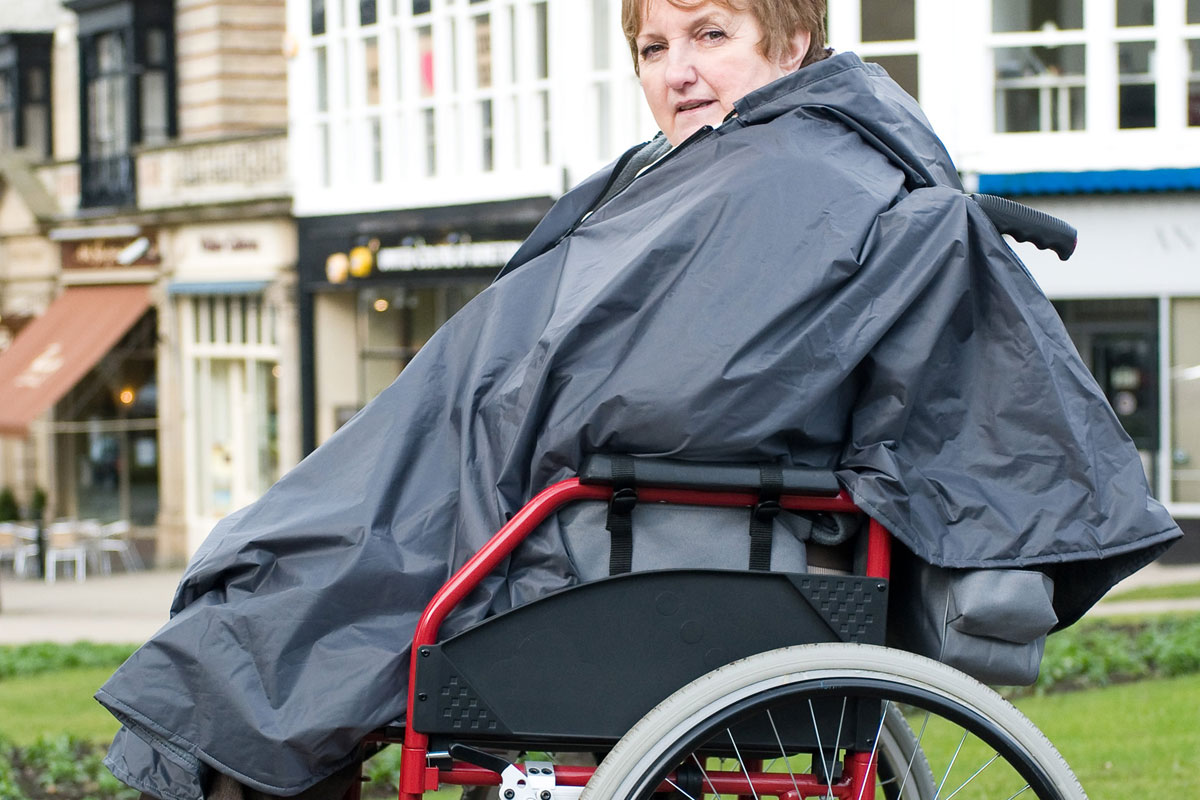Dealing with a stiff and painful shoulder can be frustrating. For many in Thailand, the condition known as frozen shoulder interrupts daily life, making even simple tasks feel impossible. Recovery can be slow, and for some, the symptoms return after initial improvement. That’s why it’s important to know how to adjust your lifestyle in ways that reduce the chance of frozen shoulder recurrence. This is especially important if you are an expat or retiree who has moved to Thailand to spend the last chapter of your life in the sun playing sports like golf or tennis to keep active.
Why Frozen Shoulder Returns
Frozen shoulder often affects people over the age of 40, especially those with diabetes or thyroid problems. But it doesn’t only strike at random. It’s often linked to long periods of shoulder inactivity. This might be from an injury, surgery, or even just avoiding movement due to pain. Once you’ve experienced it, staying mindful of how you use your shoulder becomes a priority.
Gentle Movement Matters
One of the easiest ways to protect your shoulder is to keep it moving gently. Simple daily movements help prevent stiffness from returning. If you’ve completed physical therapy, continuing with those exercises a few times a week can make a big difference. You don’t need to do a full workout each time. Even light stretching, reaching overhead, and rotating your arm slowly can keep the joint flexible.
Posture and Work Habits
Posture also plays a role. Many people working office jobs in Bangkok or other Thai cities spend hours hunched over computers or mobile devices. Over time, this puts strain on the shoulder and neck. Sitting upright, keeping the shoulders relaxed and level, and taking regular breaks to stretch can reduce pressure on the joints. Using an ergonomic chair or adjusting your workspace setup can also help.
Diet and Weight Management
Weight management may not seem connected at first, but it matters. Extra body weight can affect the body’s inflammatory response, and that may increase the risk of developing joint problems. In Thailand, it’s easy to find tasty, fresh food that supports a healthy diet. Meals rich in vegetables, lean proteins like fish or tofu, and low in processed sugars can support both your weight and your overall joint health.
The Impact of Stress
Stress has a surprising impact on the body too. It can increase muscle tension and lead to poor sleep, both of which affect recovery and joint function. Finding ways to manage stress like gentle yoga, meditation, or walking in the park can help ease pressure on your shoulder over time. Thailand has many accessible wellness options, from outdoor spaces to massage therapy, which can all contribute to stress relief.
Managing Cold Environments
Cold exposure and drafts are often thought to worsen joint pain. In many Thai households, air conditioning is a constant presence. While there’s no strong scientific proof that cold air causes shoulder problems, people who’ve had frozen shoulder may find their symptoms are more noticeable in colder environments. It might be helpful to wear a light layer indoors or avoid sitting directly under the air conditioner for extended periods.
Chronic Health Conditions
If you’re managing a long-term condition like diabetes, keeping it under control is essential. Poorly controlled blood sugar levels are closely linked with joint issues, including frozen shoulder. Make sure you attend regular checkups and stick to any treatment plans your doctor has recommended. Thailand has many clinics and hospitals offering ongoing support for chronic conditions, so staying on track is easier than ever.
Responding Early to Symptoms
Finally, don’t ignore minor discomfort. If your shoulder starts to feel tight or painful again, don’t wait for it to get worse. Early movement and gentle stretching might be enough to stop it from developing further. And if the pain continues, it’s worth speaking with a medical professional to address the issue early.














